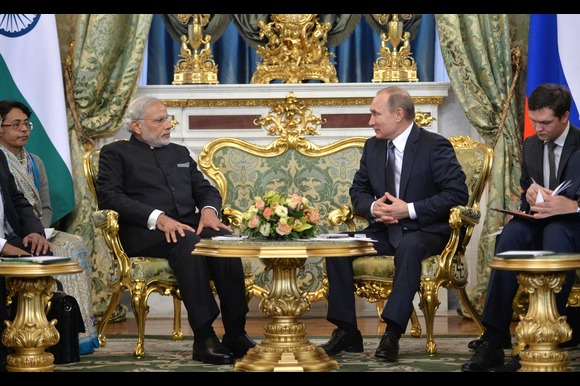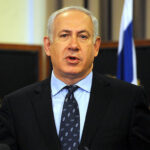A senior U.S. official has accused India of effectively financing Russia’s war in Ukraine by continuing to buy oil from Moscow, as the Trump administration intensifies pressure on New Delhi to halt its energy imports from Russia.
Stephen Miller, Deputy Chief of Staff at the White House and a close ally of former President Donald Trump, stated in a Fox News interview that “It is not acceptable for India to continue financing this war by purchasing oil from Russia.” India has become the second-largest buyer of Russian oil, after China, with more than 30% of its fuel sourced from Moscow. Before the Ukraine war in 2022, India had imported only 1% of its oil from Russia.
Miller’s comments marked one of the strongest criticisms yet from the Trump administration, following a recent move to slap a 25% tariff on Indian products. This tariff was imposed as a direct response to India’s ongoing purchases of both Russian oil and military equipment. Washington has also threatened additional penalties if India continues its dealings with Moscow.
Miller emphasized the surprising scale of India’s oil imports from Russia, noting, “People will be shocked to learn that India is basically tied with China in purchasing Russian oil. That’s an astonishing fact.” Despite this stern criticism, Miller acknowledged the close relationship between Trump and Indian Prime Minister Narendra Modi, describing it as “tremendous.”
Last week, Trump reaffirmed the importance of U.S.-India relations, calling India “our friend” while also criticizing its continued energy imports from Russia. On his Truth Social platform, Trump highlighted India’s longstanding ties to Russia, saying, “India is Russia’s largest buyer of energy, along with China, at a time when everyone wants Russia to stop the killing in Ukraine – all things not good!” Trump later added, “I don’t care what India does with Russia. They can take their dead economies down together, for all I care.”
Trump’s administration has even floated the possibility of imposing 100% tariffs on imports from countries that continue buying Russian oil unless Russia reaches a significant peace agreement with Ukraine. Trump has also lashed out at India for being a member of the BRICS alliance, which includes Russia and China as founding members. Some analysts interpret this tough stance as an effort to pressure both Russia and India, while others see it as a move to influence trade negotiations with New Delhi, aiming to address the U.S. trade deficit with India, which currently stands at $45 billion.
India Stands Firm Despite U.S. Pressure
Indian government sources have responded by asserting that New Delhi will continue purchasing oil from Russia, regardless of U.S. threats. The Indian Ministry of External Affairs emphasized that its ties with Russia are “steady and time-tested,” referring to the long-standing relationship dating back to the Soviet era, and should not be viewed through the lens of third-party interests.
Russia remains a key supplier of both oil and defense equipment to India. According to the Stockholm International Peace Research Institute (SIPRI), Russia remains the largest supplier of military hardware to India’s armed forces. Prime Minister Narendra Modi visited Moscow last year to meet Russian President Vladimir Putin, and has since met with him several times at international forums as India works to balance its ties between the West and Russia.
India had traditionally sourced most of its crude oil from the Middle East, but this changed following Russia’s invasion of Ukraine in February 2022. In response to Western sanctions, Russia began offering its oil at discounted rates, making it an attractive alternative for India. In January 2022, India imported 68,000 barrels per day of Russian crude. By June of that year, imports surged to 1.12 million barrels per day, with daily imports peaking at 2.15 million in May 2023.
At one point, Russian oil accounted for nearly 40% of India’s total oil imports, making Moscow the country’s largest supplier of crude. India maintains that its oil imports from Russia are within international legal norms and that they have helped stabilize global crude prices.
As the pressure mounts on India from the U.S., it remains to be seen how New Delhi will respond in the coming months, especially with both countries facing the delicate balance of maintaining strong bilateral ties amid growing geopolitical tensions.






